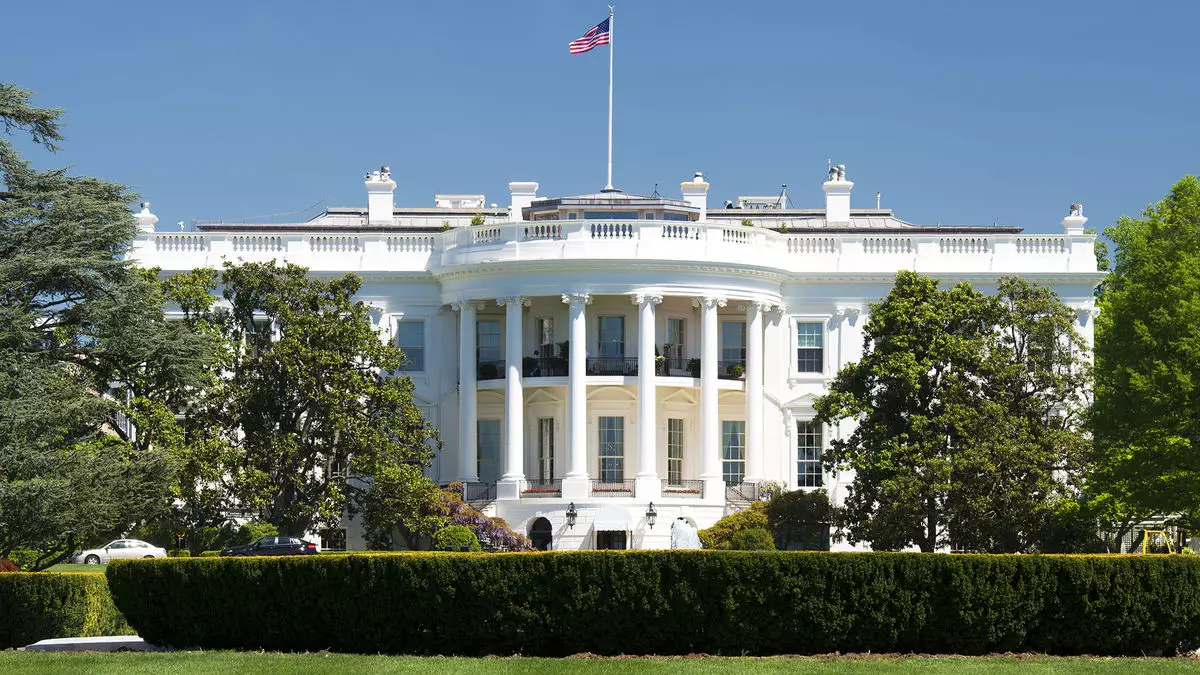The political landscape in Washington, D.C., has shifted considerably with the re-election of President Donald Trump. While rapid changes are occurring, including new appointments and potential policy directions, the American Society of Travel Advisors (ASTA) maintains a steadfast commitment to its primary mission: advocating for the interests of travel advisors. This article explores the implications of the political changes for the travel industry, highlighting key priorities for ASTA amid the uncertainty of a new administration.
ASTA’s vice president of advocacy, Jessica Klement, emphasizes the organization’s continuing focus regardless of which party controls the White House. “You advocate for travel advisors. That’s it, full stop,” she states, suggesting that the core values and goals remain unchanged despite the political climate. This steadfastness is crucial, especially during turbulent times, as it allows travel advisors to focus on their clients while ensuring that their concerns are represented at a national level.
As the Trump administration begins its new term, there is speculation about changes to travel policy that may be more business-friendly than those proposed in the past. Klement believes this could represent a new opportunity for ASTA to present its case for policies that would favor the travel agency community, especially in relation to issues that were previously dismissed or not prioritized under the Biden administration.
One of the most pressing concerns for ASTA is the Department of Transportation (DOT) rule mandating that the “merchant of record” is responsible for customer refunds in cases of flight cancellations or significant changes. Typically, travel agencies are not the merchant of record for airline sales and have raised concerns about unfair burden and liability in handling refunds. Klement advocates for adjustments that would exempt travel advisors from being accountable for refunds unless they have directly received funds from the airlines. This change highlights the necessity of establishing a more equitable regulatory framework that recognizes the role of travel advisors without placing them under undue financial pressure.
Another critical issue is the Department of Labor’s (DOL) updated overtime rules. With the salary threshold for guaranteed overtime pay increasing significantly—from $35,568 to $43,888, and expected to rise further to $58,656—travel advisors may face increased payroll burdens. This legislation marks a significant shift from the policies implemented during the Trump administration’s first term and signals ASTA’s need to monitor these developments closely. Klement notes that the potential impact on travel agencies could be profound, especially small businesses that may struggle to comply with the rising costs associated with employee compensation.
Klement highlights the need for vigilance among ASTA members, especially concerning ongoing discussions about travel bans and new legislation targeting additional fees that could impact travelers. The organization is also advocating for a dedicated seat on the DOT’s Aviation Consumer Protection Advisory Committee. Representation in such governing bodies ensures that the travel agency perspective is included in consumer protection discussions, arguably crucial for their long-term viability.
In light of these developments, Klement encourages ASTA members to take proactive measures in engaging with their representatives. Simple gestures, such as congratulatory emails to newly elected officials, can help solidify relationships and remind policymakers of the importance of the travel advisory profession. By establishing rapport early on, travel advisors can increase their chances of being included in future legislative conversations.
As the new Trump administration embarks on its second term, the road ahead for the travel agency community remains filled with uncertainties. However, ASTA’s unwavering commitment to its mission, coupled with its readiness to advocate for essential policy adjustments, places it in a pivotal position to influence the shaping of travel policies. The changes proposed have the potential to impact not only travel advisors but also the broader travel industry. With strong advocacy, open communication, and strategic engagement, ASTA aims to navigate these changes and safeguard the interests of its members in a rapidly evolving political and economic landscape.


Leave a Reply